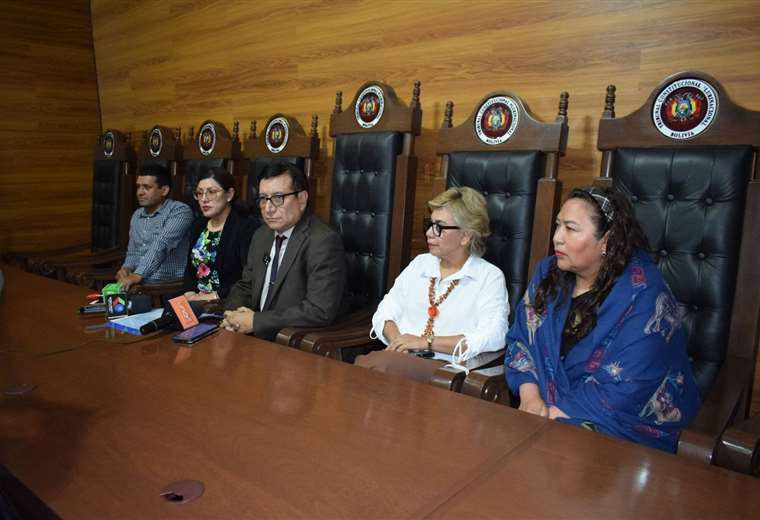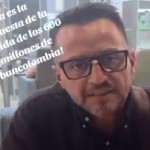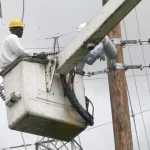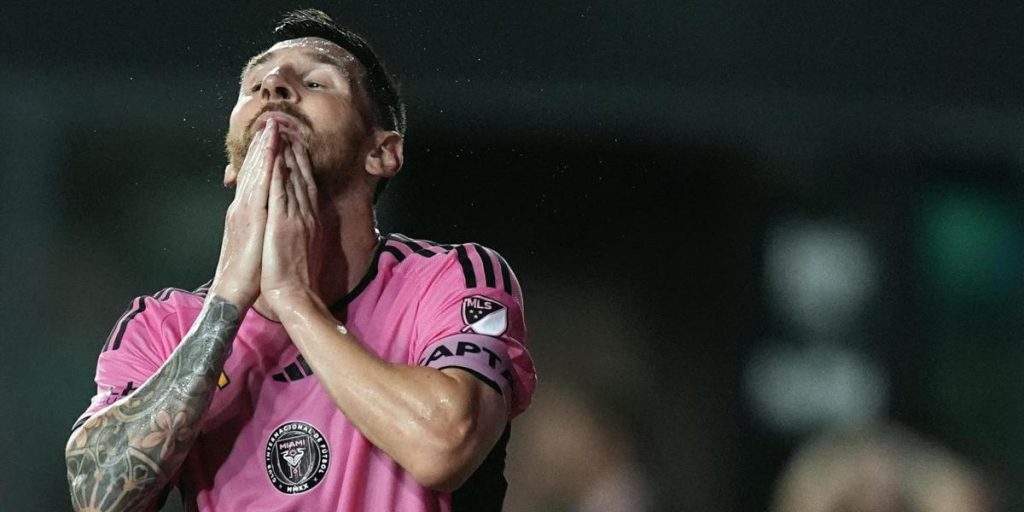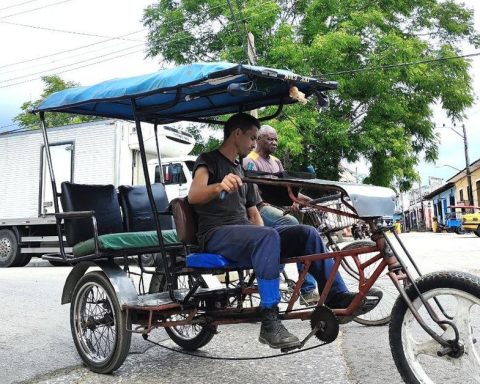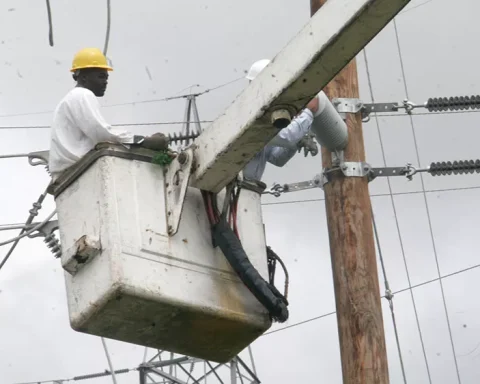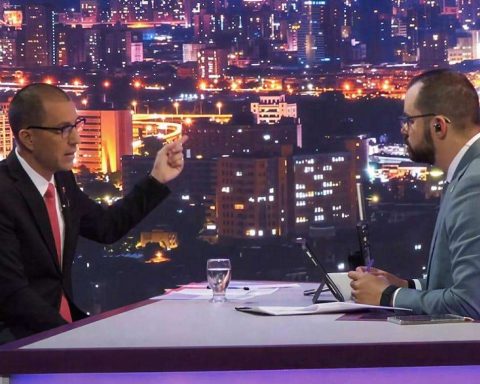December 11, 2024, 4:00 AM
December 11, 2024, 4:00 AM
After the ‘D-day’ that approaches with the day of partial judicial elections in Boliviait is outlined a new front in the Plurinational Constitutional Court (TCP)between the new magistrates who will be elected by popular vote for a period of six years, and the extended ones who remain in the entity despite the fact that their constitutional mandate ended in December 2023.
While some opponents and activists ask the population that on Sunday the 15th Vote null and void as a form of protest against the Government and the extended magistrates, and others call to attend the polls and vote for the candidates of their preference, EL DEBER consulted two constitutional lawyers. How is the post-electoral scenario shaping up in the TCP?
Those consulted glimpse at least six possible scenarios and from Parliament, Luis Arce’s detractors affirm that the Government is completing one of the parts of its “totalitarian plan”, and that the TCP and the Judicial Branch, especially the TCP magistrates, will continue to be subject to the political power of the Executive.
For the former TCP magistrate and constitutional lawyer, Marco Antonio Baldivieso, After the partial elections, two possible everything scenarios, based on how the population votes.
If people vote for independent candidates who have no ties to the current magistrates, The Judicial Branch and the TCP can recover their institutionality and independenceand at the same time protected by the vote of the population they can end with the extension of the tribunes.
“If independent citizens are elected, even if they are not four, even if three independents enter who want to renew the TCP, they will be legitimized by the popular vote, they will be constitutionally elected and with that legitimacy and legality they will be able to expel the extended cars,” said Baldivieso.
The other possible scenario that the former magistrate sees is that in candidates linked to the current magistrates win the election and the central government. It is worth mentioning that the candidates include former prosecutors, former members and former judges who were very close to the political power in power.
Meanwhile, constitutional lawyer Israel Quino pointed out that after the partial judicial election, in the TCP “jurisdictional conflicts will emerge and competition between self-appointed magistrates and elected magistrates.”
Taking into account that there are nine magistrates in the TCP, one is the one who presides over the plenary chamber and eight make up the four constitutional chambers, They must define how these rooms are made up. “There conflicts of jurisdiction may emerge, it may be that a legal magistrate resists issuing joint rulings with a self-prorogation.”
There are also glimpses jurisdiction conflicts because the newly elected magistrates can defend the legality only of their rulings and not the sentences of the self-extended ones, enforcing article 122 of the Constitution which says that their functions are null and void.
“There a third scenario may emerge: that the elected magistrates themselves are the ones who dismiss those who have been extended,” Quino stated. That is to say, if one of the four constitutional chambers composed of elected and legal magistrates is consulted, These can cancel the self-extended oneshe explained.
In this scenario, the Legislative Assembly can also play a decisive role by urgently approving a law that modify Law 025 that currently provides nine tribunes for the TCPbut that amount can be adjusted since it is not defined in the Constitution.
For Evism, the scenario in the TCP is negative. Bet that after the elections, The extended magistrates “will seek to legalize their de facto mandate” and the new four tribunes will only be to establish a quorum in a full room but without greater force before the majority.
“It is part of the totalitarian plan that Arce Catacora is imposing in the State. The chosen four They will not have the possibility of being able to improve justiceWhat’s more, I am sure that they are going to be co-opted by the five usurpers and co-opted by the central government, nothing is going to change, they are going to continue working at the pace of the Executive,” deputy Renán Cabezas (MAS) assured EL DEBER.
International concern
This panorama also raises concern in international entities such as the Inter-American Federation of Lawyers, which in a statement expressed its alarm over “the structural crisis suffered by the Bolivian judicial systemdue mainly to the formation of the high judiciaries by popular election.”
The FIA recalls that the two previous judicial elections were characterized by their politicization, starting from the Legislature, which elected candidates with a clear political affinity to the MAS and the rejection of the population who voted null or white and that those elected achieved their positions even with 1% of votes. “These magistrates and judges have taken the Bolivian judicial system to a disaster situation.”
In this framework, the FIA sees two options: vote null or blank again and that the ruling party once again accommodates its candidates who will align with the self-extended candidates, or that citizens vote for independent candidates.
“Judicial elections will not solve the crisis of the Bolivian judicial system; The solution to the crisis requires a set of actions that include the partial reform of the Constitution, legislative reforms,” says the FIA.
